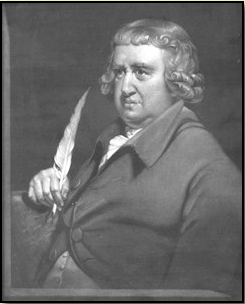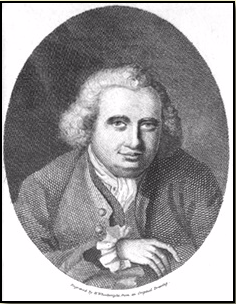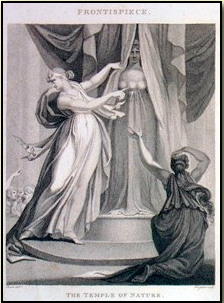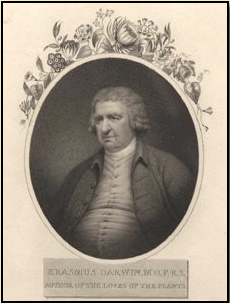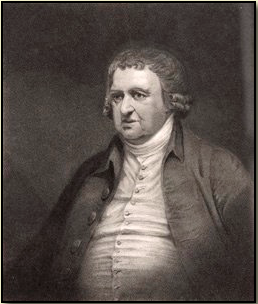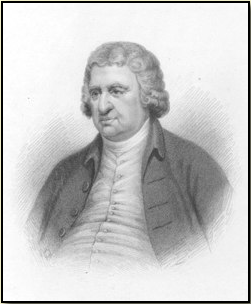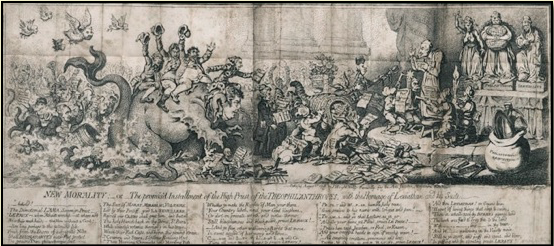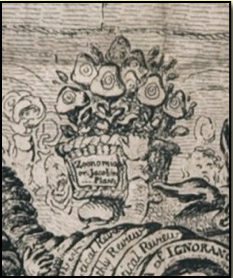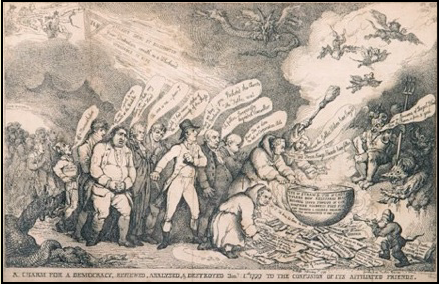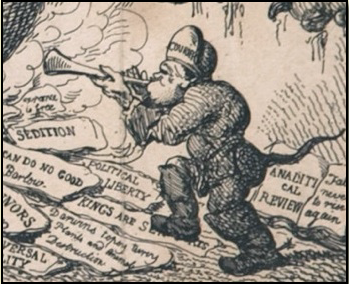Erasmus Darwin, Charles Darwin's grandfather, was the first Briton to explicitly write about evolution. His main prose on the topic appears in the first volume of Zoonomia (1794; click here to read his words). Erasmus Darwin discusses the descent of life from a common ancestor, sexual selection, the analogy of artificial selection as a means to understand descent with modification, and a basic concept of what we now refer to as homology. His thoughts on the diversity of life and evolution also appear in the Loves of the Plants (first published in two parts in 1789 and 1791) and his last work, The Temple of Nature, published posthumously in 1803. By the end of his life, he was being visciously attacked by conservative forces in the British government, and as such, lampooned in political cartoons.
|
Painted by Joseph Wright |
Engraved by H. Wheebright |
Frontispiece to The Temple of Nature. Click here to read this book. |
|
Painted by J. Rawlinson |
Painted by J. Rawlinson |
Painted by J. Rawlinson |
|
New Morality; or The promis'd Installment of the High-Priest of the Theophilanthropes, with the Homage of Leviathan and his Suite |
Cartoon by James Gillray |
At right, a reference to Erasmus Darwin's books Zoonomia and The Loves of the Plants, both of which contain evolutionary ideas. The Anti-Jacobin Magazine was a conservative tool that, in this case, linked Erasmus Darwin (a sympathist with the American and French Revolutions) to the later excesses of the French revolution.
|
A Charm for a Democracy, reviewed, Analysed, & Destroyed Jan.y1rst 1799 to the Confusion of its Affiliated Friends |
Cartoon by Thomas Rowlandson |
At right, another reference to Erasmus Darwin's books Zoomania and The Loves of the Plants, both of which contain evolutionary ideas: "Darwins topsy turvy Plants and Animals Destruction.
For an excellent and a highly enjoyable biography of Erasmus Darwin, please read Erasmus Darwin, A Life of Unequalled Achievement by Desmond King-Hele, 1999.

